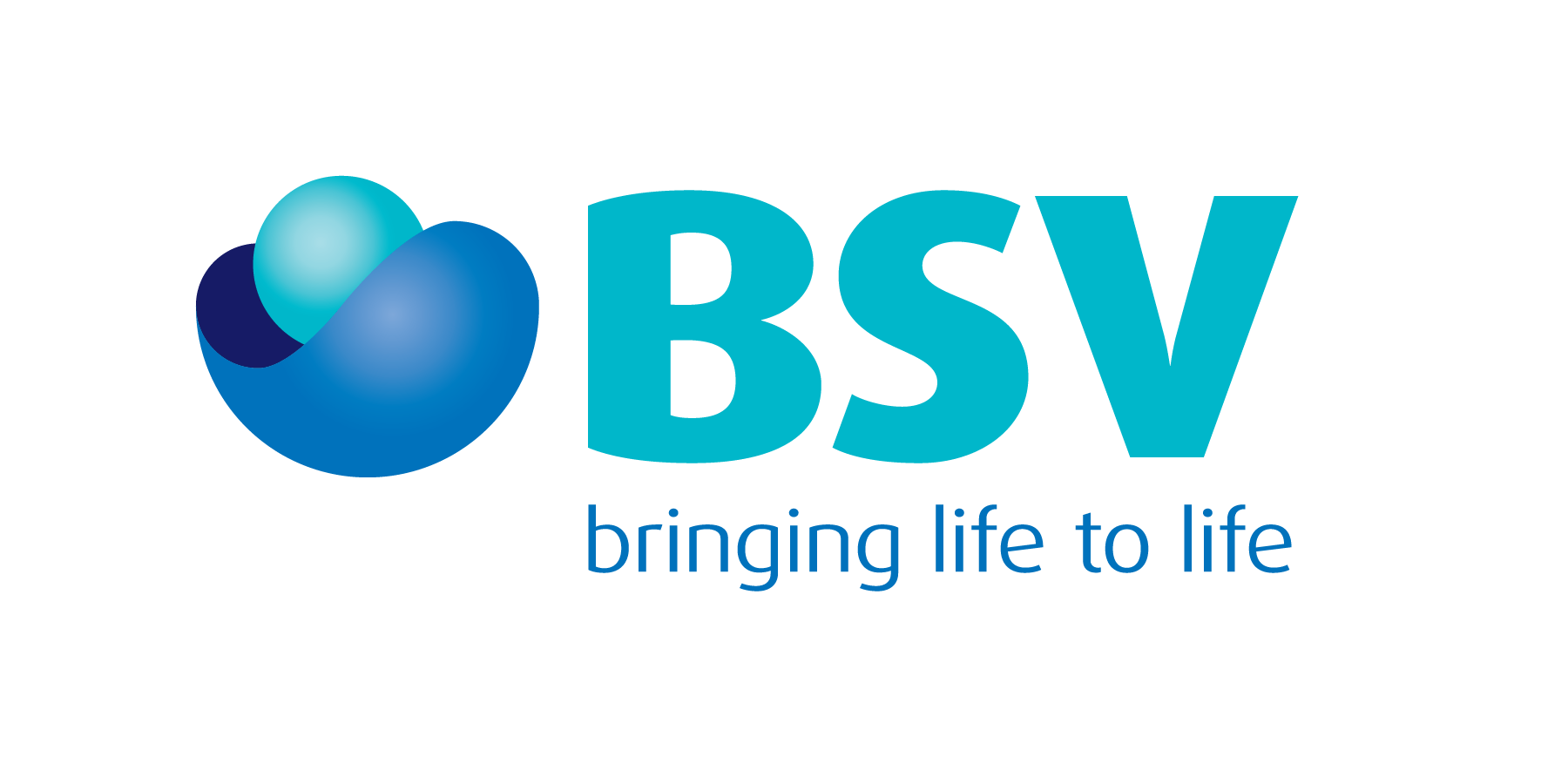The World Health Organization (WHO) defines it as the inability to conceive after at least a year of attempting without the use of contraception. After six months of attempting to conceive, a couple with a woman over the age of 35 should visit a doctor. The capacity of a couple to conceive is affected by a variety of circumstances, including normal biological processes in both the male and female body. However, lifestyle variables like a high body mass index, stress, smoking, drinking alcohol and caffeine, and being exposed to environmental toxins also contribute to this condition. Around 20 million couples in India alone experience infertility, which affects 60–80 million couples globally. In-vitro fertilisation, intracytoplasmic sperm injection, cryopreservation of embryos, and other techniques are among the treatment alternatives, which are together referred to as Assisted Reproductive Techniques.
In-vitro fertilisation (IVF), intracytoplasmic sperm injection, cryopreservation of gametes or embryos, and/or the use of fertility drugs are only a few of the treatment options that go under the umbrella term ‘Assisted Reproductive Techniques.’ In order to provide seamless solutions and fulfil the desire of motherhood, BSV’s product line combines our R&D expertise with a distinctive understanding of consumer demands.
Our START initiative, a step beyond fertility medication to support the patients’ journey, reflects this. It is an envelope service ranging from counselling on how to prepare for IVF, to tips on things to know about IVF, and financial guidance to help attain the dream of parenthood. The goal of bringing life to life pushes us to innovate at every step of the way.








